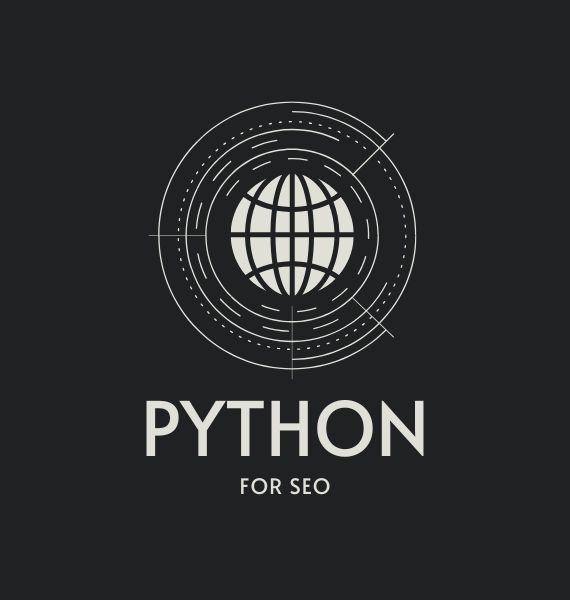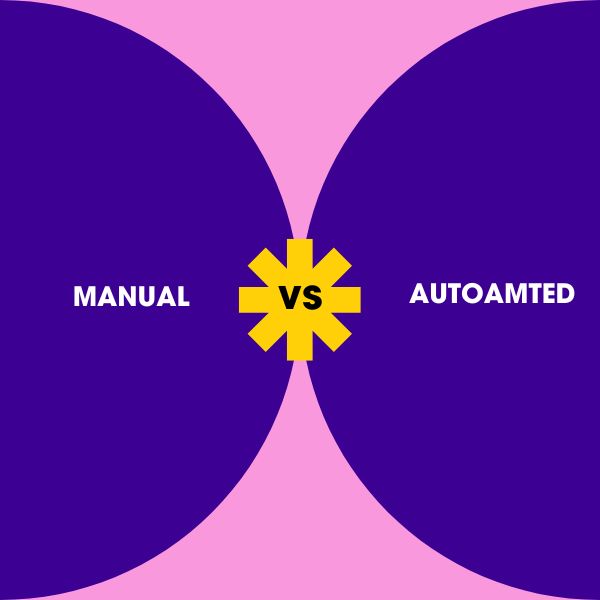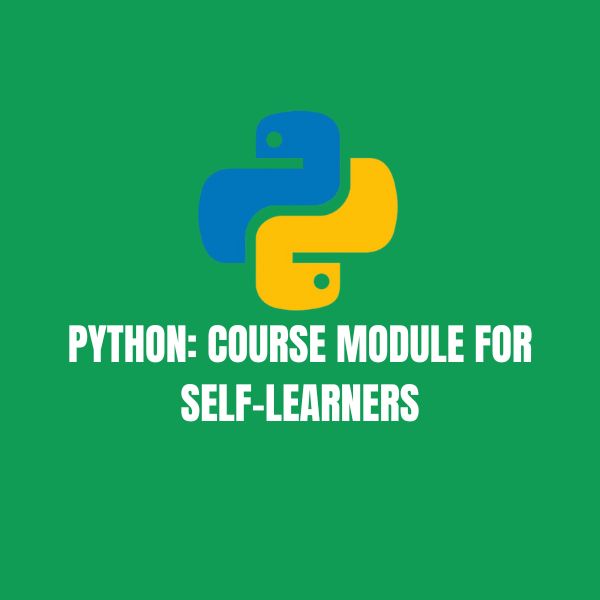Digital marketing, also called internet marketing, uses the Internet and devices like computers, phones, and tablets to promote products, services, and brands. It includes social media, search engines, email, videos, online ads, mobile apps, affiliate marketing, working with online influencers, and many other digital channels. These methods help businesses reach more people, connect with customers, build their brand, and increase sales online. Companies can use different digital tools to target specific groups, track their results, and improve their marketing efforts.
In this post, we will explain why digital marketing matters. Digital marketing helps businesses reach more people online. It includes different types like social media, email, search engines, online ads, content marketing, SEO, and video marketing. We will also mention some top digital marketing agencies in the world. Understanding digital marketing can help your business grow and connect with customers.
Transition from Traditional to Digital Marketing
Traditional marketing used print ads, TV and radio commercials, billboards, direct mail, and telemarketing to promote products and services. With the internet and digital technology, businesses now use online tools like social media, websites, email campaigns, and online ads. This shift allows companies to reach more people, target specific audiences, and easily track their marketing efforts. Digital marketing has become essential for modern businesses.
The shift from traditional to digital marketing happened as the internet and digital technologies became widespread. Businesses started using online platforms to reach more customers and interact with them more effectively.
Highlight
In today’s dynamic digital marketing environment, growth is occurring at an unprecedented pace. Forecasts indicate that global spending in this sector will climb to $786 billion by 2026.
Additionally, a report by Expert Market Research shows that, within the United States alone, the digital marketing industry reached $363 billion in 2023.
Traditional Marketing vs Digital Marketing
Traditional marketing uses offline channels like print ads, TV and radio commercials, billboards, direct mail, and telemarketing. In contrast, digital marketing leverages online platforms such as social media, websites, email campaigns, and online ads. Digital marketing allows businesses to target specific audiences, engage with customers in real-time, and easily measure results, often making it more cost-effective and efficient.
| Factor | Traditional Marketing | Digital Marketing |
| Cost | Often expensive, such as TV ads and billboards. | Generally cheaper, like online ads and social media campaigns. |
| Reach | Typically reaches local or broad audiences. | Can reach a global audience easily. |
| Targeting | Limited options to target specific groups. | Can target specific audiences based on age, interests, and behavior. |
| Measurability | Difficult to measure the success of campaigns. | Easy to track results with analytics tools. |
| Interaction | One-way communication from business to customer. | Two-way interaction, allowing customers to engage and give feedback. |
| Flexibility | Hard to change once a campaign is launched. | Can quickly adjust strategies and content as needed. |
| Speed | Takes more time to plan and execute. | Can launch campaigns quickly and make instant updates. |
| Engagement | Limited ways for customers to interact. | Many ways for customers to engage, like likes, shares, and comments. |
| Longevity | Ads run for a set period, like during a TV show. | Content can stay online and be accessed anytime. |
| Personalization | Hard to personalize messages for each customer. | Can tailor messages to individual users based on their preferences. |
This table highlights the key differences between traditional and digital marketing, helping businesses decide which approach best suits their goals and budget. It also clearly shows why digital marketing matters, offering more flexibility, cost-effectiveness, and precise targeting to effectively reach and engage customers in today’s digital world.
Types of Digital Marketing
Digital marketing encompasses various strategies that help businesses connect with their audience online. These strategies leverage different digital channels to target specific demographics, enhance brand visibility, and drive engagement and sales. By utilizing a combination of these methods, businesses can create comprehensive marketing campaigns that effectively reach and resonate with their target audience. Below are different types of digital marketing:
Content Marketing
Content marketing involves creating and sharing valuable content—such as articles, videos, or infographics—to attract and engage an audience. It aims to build trust, showcase expertise, and encourage potential customers to move further along the buying journey.
Example:
- Red Bull’s Online Magazine (Red Bulletin): Red Bull publishes lifestyle and sports content to engage viewers, establish brand authority, and keep audiences coming back for more.
Email Marketing
Email marketing targets subscribers with tailored messages designed to inform, nurture leads, and foster customer loyalty. Personalized newsletters, product updates, and promotional offers keep customers interested and engaged.
Example:
- Amazon’s Personalized Email Recommendations: Amazon sends product suggestions and special deals based on a customer’s browsing and purchase history, encouraging repeat business.
Social Media Marketing (SMM)
Social media marketing utilizes platforms like Facebook, Instagram, Twitter, LinkedIn, and TikTok to connect with customers. Brands share updates, launch campaigns, and interact with followers, building relationships and brand awareness.
Example:
- Nike’s Instagram Campaigns: Nike uses Instagram to share athlete stories, launch new products, and engage with fans through compelling visuals and inspirational messaging.
Search Engine Optimization (SEO)
SEO is the process of optimizing a website so it appears higher in search engine results. By improving content, site structure, and credibility, brands can attract more organic traffic.
Example:
- IKEA’s Optimized Product Pages: IKEA ensures its product descriptions, images, and page structures align with popular search terms, making it easier for customers to find their furniture and home goods online.
Pay-Per-Click (PPC) Advertising
PPC advertising involves paying for ad placements where businesses pay only when someone clicks on their ad. Platforms like Google Ads help brands target specific keywords, ensuring their message reaches the right audience at the right time.
Example:
- McDonald’s Google Ads: McDonald’s runs PPC ads to promote seasonal menu items or deals, appearing at the top of search results when users look for nearby dining options.
Influencer Marketing
Influencer marketing partners with individuals who have a strong online following. Influencers share authentic experiences with a product or service, leveraging their credibility to reach new audiences.
Example:
- Adidas Collaborations with Athletes and Celebrities: Adidas teams up with well-known athletes and entertainers who share their Adidas gear on social media, increasing brand exposure and trust.
Affiliate Marketing
Affiliate marketing enlists publishers, bloggers, or other businesses to promote products in exchange for a commission on sales generated through their unique links. This broadens a brand’s reach while ensuring payment aligns with performance.
Example:
- Booking.com’s Affiliate Program: Travel websites link to Booking.com’s accommodations, earning commissions whenever their visitors book a stay.
Mobile Marketing
Mobile marketing focuses on reaching customers through smartphones and tablets. It includes responsive websites, SMS promotions, and mobile apps that offer convenient shopping and brand interactions on-the-go.
Example:
- Domino’s Pizza App: Domino’s offers an app for easy ordering, personalized deals, and real-time tracking of deliveries, making the mobile experience seamless and efficient..
Search Engine Marketing (SEM)
SEM combines paid search (PPC) and SEO tactics to boost a brand’s visibility on search engines. This dual approach ensures brands appear prominently in both organic and sponsored results.
Example:
- Marriott’s Search Campaigns: Marriott uses SEM to appear in top results for travel-related searches, blending paid ads with optimized site content to attract global travelers.
Marketing Analytics
Marketing analytics involves tracking and analyzing data on user behavior, conversion rates, and campaign performance. It informs decision-making, helping brands refine their strategies for better results.
Example:
- Netflix’s Data-Driven Recommendations: Netflix leverages user data to improve content suggestions and marketing campaigns, ensuring viewers stay engaged and subscribed.
Online Advertising
Online advertising includes various formats like display ads, banners, and video ads on websites, social platforms, and streaming services. It broadens a brand’s reach beyond its own channels.
Example:
- Samsung’s YouTube Video Ads: Samsung runs video ads before popular YouTube content to introduce new product features to a wide audience.
Instant Message Marketing
Instant message marketing uses apps like WhatsApp, Facebook Messenger, or SMS to directly reach customers with personalized offers, updates, and customer service.
Example:
- KLM’s Messenger Updates: KLM Royal Dutch Airlines provides flight updates, booking confirmations, and customer support via instant messaging, offering convenience and prompt service.
Native Advertising
Native advertising blends marketing messages with the look and feel of the platform it appears on. This approach feels less intrusive and can increase engagement and credibility.
Example:
- New York Times Sponsored Articles (Brands like BMW): BMW might sponsor a feature on sustainable mobility that reads like an informative article, aligning its message with the platform’s editorial style.
Blogs
Blogs are a type of content marketing where brands regularly publish informative and engaging articles. Blogs improve SEO, showcase expertise, and nurture ongoing relationships with readers.
Example:
- Airbnb’s Neighborhood Guides: Airbnb shares travel tips, local insights, and host stories on its blog, inspiring travelers and enhancing the travel experience.
Audio Marketing
Audio marketing reaches customers through podcasts, radio spots, and streaming audio ads. It engages audiences while they commute, exercise, or work, capturing attention in non-visual moments.
Example:
- Spotify Sponsored Playlists by Global Brands: Spotify partners with brands like Mercedes-Benz or McDonald’s for curated playlists or sponsored listening sessions, reaching users with audio ads in a relaxed environment.
Chatbot Marketing
Chatbot marketing uses automated messaging tools to provide instant responses, personalized recommendations, and 24/7 support. Chatbots improve customer satisfaction and streamline the buying journey.
Example:
- H&M’s Chatbot on Kik: H&M launched a chatbot to help customers get outfit suggestions, turning casual browsing into a more interactive, personalized shopping experience.
What Are the Most Effective Digital Marketing Strategies?
The most effective strategies often combine several approaches, including creating valuable content that resonates with the audience, using social media platforms to build brand awareness, optimizing websites for search engines, leveraging paid ads for targeted reach, engaging with customers through email marketing, and using data analytics to refine and improve campaigns over time. By blending these tactics, businesses can reach more people, encourage them to take action, and measure the success of their efforts.
Pro Tips:
- Align your chosen strategies with your specific business goals.
- Understand your buyer persona and tailor content that speaks directly to their needs and interests.
- Consider the duration of your campaigns and plan for both short-term wins and long-term growth.
- Continuously track and measure results, using data to refine your approach over time.
- Focus on channels your audience actually uses, mixing both organic and paid methods as needed.
Digital Marketing Agencies: A Path to Growth and Success
A digital marketing agency helps businesses grow online. It can be a great career path because it is always growing, changing, and offering new skills to learn. As more people spend time online, digital marketing becomes more important, creating more jobs and chances to show your talent. If you like being creative, working with computers, and helping companies succeed, this might be right for you. Below are some well-known digital marketing agencies to show you the opportunities in this field.
1. Ogilvy
Founded in 1948 by David Ogilvy, Ogilvy is part of WPP plc and The Ogilvy Group LLC. It includes subsidiaries like Ogilvy UK and Ogilvy Public Relations. Headquartered in New York City, it has around 17,500 employees (2022) and offers a wide range of digital, creative, and strategic marketing services.
Achievements:
Has won numerous Cannes Lions and shaped campaigns for brands like Coca-Cola, IBM, and Dove, setting industry benchmarks for creativity and impact.
2. Wunderman Thompson
Formed in 2019 by the merger of Wunderman and J. Walter Thompson, Wunderman Thompson is part of WPP. Headquartered in New York, it operates globally with over 20,000 employees, offering consulting, creative, e-commerce, data, and technology services.
Achievements:
Served major clients like HSBC, Unilever, and Johnson & Johnson, earning Effie and Cannes Lions awards for innovative, effective campaigns.
3. Dentsu International
A division of Dentsu Group Inc., Dentsu International was established as Dentsu Aegis Network in 2013. Headquartered in London, it has approximately 46,000 employees worldwide and specializes in media, creative, and CXM (customer experience management).
Achievements:
Worked with brands like Toyota, Intel, and Disney, receiving accolades at Cannes Lions and helping clients navigate complex digital ecosystems.
4. Accenture Song (formerly Accenture Interactive)
Accenture Song is the digital marketing and experience unit of Accenture. Headquartered in Dublin, it combines strategy, design, technology, and consulting with tens of thousands of professionals dedicated to digital innovation.
Achievements:
Recognized as a Leader in Gartner’s Magic Quadrant for Global Marketing Agencies, driving growth and customer-centric transformations for leading global enterprises.
5. R/GA
Founded in 1977 by Bob and Richard Greenberg, R/GA is part of the Interpublic Group (IPG). Headquartered in New York, it employs around 1,600 people. R/GA emphasizes brand storytelling, digital product innovation, and experience design.
Achievements:
Named “Agency of the Year” multiple times by Ad Age and Adweek, R/GA has crafted award-winning digital campaigns for Nike, Google, and Verizon.
6. VMLY&R
Formed in 2018 by the merger of VML and Y&R, VMLY&R is part of WPP. With headquarters in Kansas City and New York, it employs over 7,000 staff, providing integrated brand experience services across strategy, creative, and technology.
Achievements:
Collaborations with clients like Ford, Colgate-Palmolive, and PepsiCo have garnered top honors at Cannes Lions and Effie Awards for culturally relevant and business-driving campaigns.
7. Publicis Sapient
A digital transformation hub of Publicis Groupe, Publicis Sapient was originally founded as Sapient in 1990. Headquartered in Boston, it has roughly 20,000 employees and specializes in digital strategy, experience design, and engineering solutions.
Achievements:
Renowned for transforming customer experiences for brands like McDonald’s, Marriott, and Walmart, earning recognition for innovation in digital business transformation.
8. Deloitte Digital
The creative digital consultancy arm of Deloitte launched in 2012. With a global presence and tens of thousands of professionals, it integrates strategy, user experience, and technology to drive marketing innovation.
Achievements:
Consistently ranked as a Leader in Forrester and Gartner evaluations, Deloitte Digital has helped global clients improve marketing performance, customer engagement, and ROI.
9. Isobar
Part of Dentsu, Isobar was formed in 2003. Headquartered in London, it has around 6,500 employees focusing on digital marketing, commerce, and product innovation, creating connected experiences across platforms.
Achievements:
Partnered with brands like Coca-Cola and adidas, Isobar’s work has earned multiple digital innovation awards and recognition for blending creativity with cutting-edge technology.
10. BBDO
Founded in 1891 and now part of Omnicom Group, BBDO is headquartered in New York with approximately 15,000 employees worldwide. It delivers advertising, digital marketing, and branding solutions for a wide range of industries.
Achievements:
Regularly among the most awarded agencies at Cannes Lions, BBDO has developed iconic campaigns for brands like Pepsi, Mars, and GE, renowned for creative excellence and storytelling prowess.
Digital marketing is now a vital part of business growth. It helps brands reach more customers, build stronger connections, and adjust quickly to market changes. By understanding and using various online strategies—from SEO and social media to influencer marketing and analytics—companies can grow faster and stay ahead of the competition. With the industry set to keep expanding, both businesses and professionals have a great chance to succeed in this ever-evolving, online-focused world.





0 Comments